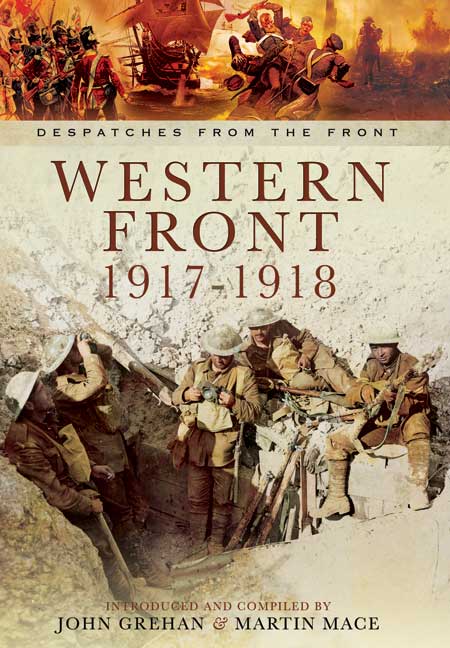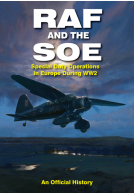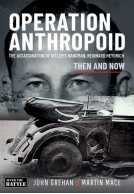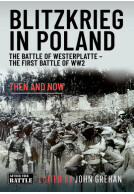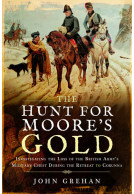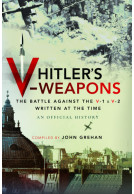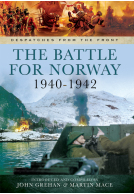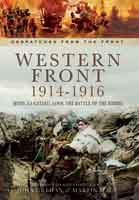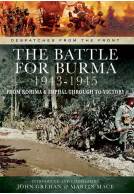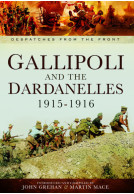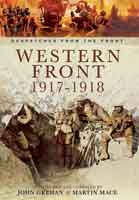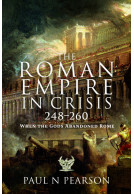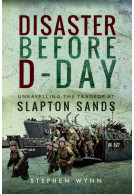Western Front 1917-1918 (Hardback)
Despatches from the Front
Imprint: Pen & Sword Military
Series: Despatches from the Front
Pages: 252
ISBN: 9781781593233
Published: 30th August 2014
Last Released: 13th August 2014
(click here for international delivery rates)
Order within the next 6 hours, 43 minutes to get your order processed the next working day!
Need a currency converter? Check XE.com for live rates
| Other formats available - Buy the Hardback and get the eBook for free! | Price |
|---|---|
| Western Front 1917-1918 ePub (11.9 MB) Add to Basket | £6.99 |
From the moment the German army moved quietly into Luxemburg on 2 August 1914, to the Armistice on 11 November 1918, the fighting on the Western Front in France and Flanders never stopped. There were quiet periods, just as there were the most intense, savage, huge-scale battles.
The war on the Western Front can be thought of as being in three phases: first, a war of movement as Germany attacked France and the Allies sought to halt it; second, the lengthy and terribly costly siege warfare as the entrenched lines proved impossible to crack (late 1914 to mid-1918); and finally a return to mobile warfare as the Allies applied lessons and technologies forged in the previous years.
As with previous wars, British Commanders-in-Chief of a theatre of war or campaign were obliged to report their activities and achievements to the War Office in the form of a despatch and those written from the Western Front provide a fascinating, detailed and compelling overview of this part of the First World War.
This volume concludes with Field Marshal Sir Douglas Haig's fascinating despatch, originally published in 1919, on the execution of the fighting on the Western Front.
Field Marshal Douglas Haigh, the British commander in chief, saw the fighting on the Western Front not as a series of separate battles but as one long, continuous offensive. Although he repeatedly hoped that each ‘big push’ would be the decisive one that would deliver the elusive breakthrough, he maintained that ultimately victory would only be achieved by a long war of attrition. His belief was that by continuous attacks, he would wear down the German’s will and ability to resist. In the end he was proved to be correct, but his strategy cost the lives of many Allied troops – not that this seemed to deter Haigh in any way. As he saw it his job was to win the war on the Western Front and casualties were an inevitable consequence of this. In this collection of Haigh’s official despatches covering the last two years of the conflict, he details every battle, both large and small, and he also explains his philosophy and justifies his policies. This new title, part of the ‘Despatches from the Front’ series, includes reports from the battles of Arras, Messines, Third Ypres, Passchendaele, Cambrai, Bourlon Wood, an account of the 1918 German Spring Offensive, the Lys, Amiens, Bapaume, the Scarpe, breaking the Hindenburg Line, Second Le Cateau, the Selle River and the Sambre, Also included is Haigh’s despatch of March 1919 summarising the war on the Western Front. The compilers have not modified, edited or interpreted Field Marshal Haigh’s despatches in any way and they are therefore the original, unique words as he saw the conflict – even grammatical and spelling errors have been left uncorrected. In all some 26 monochrome photographs are included and there is an index.
Stuart Asquith, Author
About John Grehan
JOHN GREHAN has written, edited or contributed to more than 300 books and magazine articles covering a wide span of military history from the Iron Age to the recent conflict in Afghanistan. John has also appeared on local and national radio and television to advise on military history topics. He was employed as the Assistant Editor of Britain at War Magazine from its inception until 2014. John now devotes his time to writing and editing books.
About Martin Mace
Martin Mace has been involved in writing and publishing military history for more than twenty years. He began his career with local history, writing a book on the Second World War anti-invasion defences in West Sussex. Following the success of this book, he established Historic Military Press, which has published a wide range of titles. Having launched Britain at War Magazine, he has been its editor since the first issue in May 2007.







